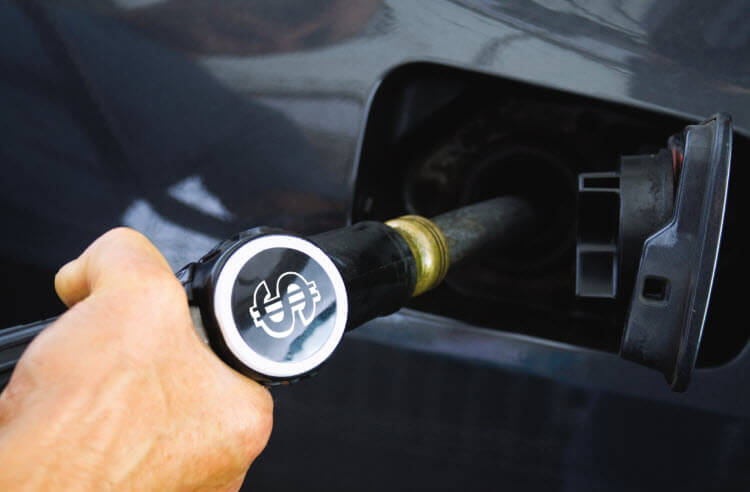For many consumers, fuel consumption is a major consideration in the used car purchasing process. With the cost of rising gas prices, people want to know how much they can expect to pay for fuel each time they stop to fill up at the gas station.
Many manufacturers use miles per gallon (MPG) to advertise the fuel efficiency of a vehicle. For Canadian consumers who follow the metric system, it can be difficult to convert the MPG rating to litres/100 kilometre (L/100 km), making average fuel consumption a confusing number.
In order to make this process easier, here is a formula to convert L/100 km into MPG and MPG into L/100 km.

If you’re looking for a vehicle with the best fuel efficiency, keep in mind that the lower the L/100 km rating, the lower the fuel consumption. On the other hand, remember that the higher the MPG, the better the fuel consumption. Buyers should also be aware that fuel consumption ratings can differ between the U.S. and Canada.
In order to make sure you’re selecting the vehicle that’s right for you, you’ll also want to know approximately how much you can expect to pay for gas each year, based on your vehicle use. In Canada, the average person drives approximately 20,000 km per year, with a mix of 55 percent city driving and 45 percent highway driving.
You can use the following formula to estimate how much fuel you will use for the entire year. By multiplying this number by the average fuel cost in your region, you can compare the expected annual fuel costs for the various vehicles you’re interested in.

If you’re looking for a vehicle with a low environmental impact, you can also calculate the estimated carbon dioxide emissions your car will put out. Natural Resources Canada estimates that for every litre of gasoline used, about 2.3 kg of CO2 are produced or 2.7 kg for every litre of diesel fuel. Using these numbers, you can use your annual fuel consumption total in the following formula:





